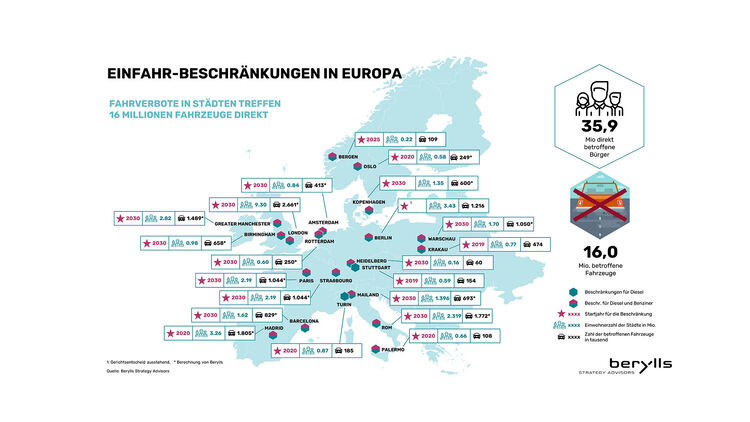The EU Parliament's Combustion Engine Ban: Reactions and Implications
E-Mobility in Europe: Who's Jittery and Who's Composed?
The Phase-Out of Petrol and Diesel Cars: What Lies Ahead
The European Union (EU) Parliament has marked a historic turning point by approving a de facto ban on combustion engines in new passenger cars and light commercial vehicles by 2035. This decision has sparked contrasting reactions across the automotive industry, prompting concerns and a sense of calm.
Automobile manufacturers heavily invested in electric vehicle (EV) production have welcomed the move. They see it as a catalyst for accelerating the transition to sustainable transportation and an opportunity to gain a competitive edge in the growing EV market.
Conversely, those automakers heavily reliant on combustion engine vehicles are exhibiting a mix of apprehension and skepticism. The ban poses significant challenges for them, as they must now pivot their operations towards EV production to avoid potential obsolescence.
The Road Ahead: Paving the Way for E-Mobility
The ban presents an ambitious timeline that requires substantial investments in EV infrastructure, including charging stations, battery production, and renewable energy sources. Governments and industry leaders must collaborate to ensure a smooth transition.
Consumers also play a crucial role in embracing this shift. They need to be educated about the benefits of EVs, such as reduced emissions, lower operating costs, and technological advancements.
Navigating the Transition: Balancing Progress and Practicality
While the combustion engine ban is a bold step towards decarbonization, it's essential to strike a balance between progress and practicality. The automotive industry requires time and support to adapt, and consumers need affordable and accessible EV options.
Government policies must foster innovation and provide incentives for both manufacturers and consumers to embrace e-mobility. Collaboration between the public and private sectors is vital to create a comprehensive and sustainable ecosystem for electric vehicles.
Conclusion
The EU Parliament's ban on combustion engines marks a significant turning point in the automotive industry. While it raises concerns for some, it also presents opportunities for others. By embracing e-mobility, Europe aims to lead the way in combating climate change and creating a more sustainable transportation system.


Comments